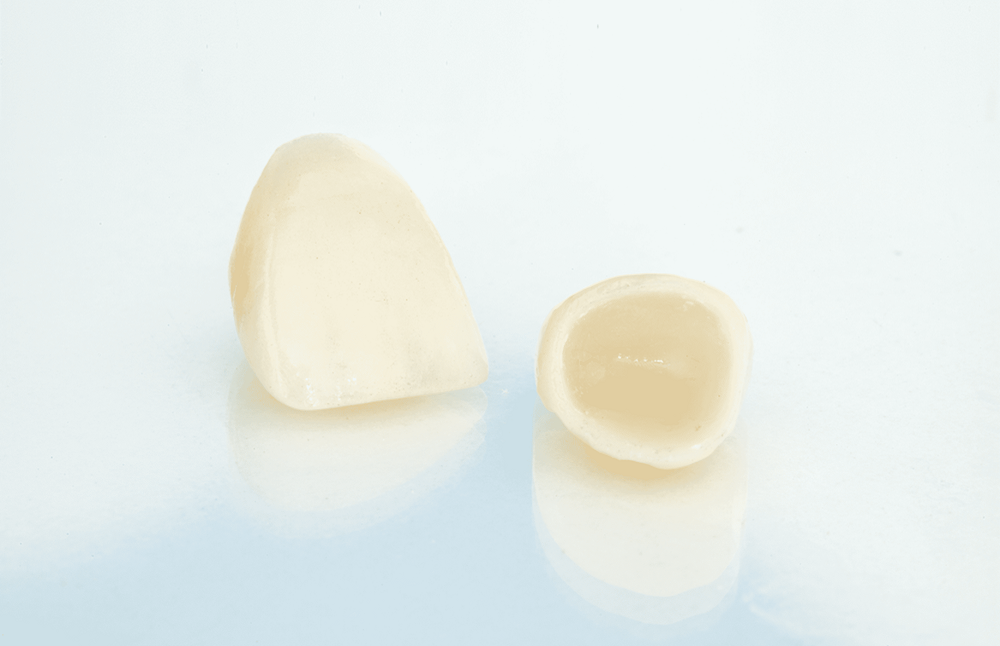Dental crowns, also known as tooth caps, are protective covers that are put on top of a tooth to enhance its appearance or to shield and repair serious damage to it. The process for receiving a dental crown is simple for the dentist in Aspen; however, based on the patient’s preferences, there may be minor variations or alterations.
This article covers all that’s involved in receiving a dental crown so that you know what to expect.
What is a Dental Crown?
To prevent teeth with considerable decay, cracks, chips, etc. from suffering further harm, dental crowns are placed over those teeth. These mimic the appearance and feel of a natural tooth and are made of a number of materials, including:
- Ceramic
- Porcelain
- Metal
- Resin
- A combination of materials
Before deciding on the ideal material for your needs, you should speak with a dentist near you so they can assess your situation. They will consider the tooth’s position, its purpose, its state, and the shade of the other teeth in your mouth.
If you have any preferences, you can also tell your dentist. If money is tight, you might want to choose something inexpensive, like resin. If not, you should think about a strong and long-lasting alternative like porcelain crowns.
Dental Crown Process
Typically, two dental appointments are needed. The dentist must first examine the patient’s teeth to determine whether a crown is required before discussing the process. A tooth may occasionally be too damaged to support a crown. In some situations, further operations, like a root canal, could be necessary before the crown is affixed.
The afflicted tooth will next be examined and designed by the dentist. To look for signs of decay or injury to the tooth’s pulp, they will take x-rays of the tooth and the bone that sustains it. Before connecting the crown, a root canal process is performed to extract the tooth pulp, which contains connective tissues, blood vessels, and nerves.
Preparing For Your Appointment
If you’ve never experienced this form of treatment, you might be very curious about how it functions. These responses can assist you in preparing for your first appointment.
-
Do Dental Crowns Hurt When Placed?
No! You won’t experience any pain because your dentist will administer anesthesia during the process. The pressure or a little discomfort could nevertheless still be present. Make sure to tell your dentist if anything starts to ache throughout the treatment so they can take care of the issue and make you more comfortable.
-
Do I Need to Avoid Any Foods While Wearing a Dental Crown?
When wearing a temporary crown, stay away from hard foods. Hard meals may cause it to fall out of position because it is only intended to last a few weeks. Once you’ve found a permanent diet, you don’t need to change it.
-
How to Prepare for Getting a Dental Crown?
You don’t need to prepare in any special way before getting a dental crown because it is a quick and easy process. On the other hand, if you’re feeling anxious, try to get a good night’s sleep the night before and avoid eating anything substantial.
-
How Should I Take Care of a Dental Crown?
A permanent dental crown requires no special maintenance beyond regular brushing and flossing. It should continue to be in good condition as long as you maintain good oral hygiene.
-
What is the Lifespan of a Dental Crown?
Your dental crown, particularly ceramic or porcelain crowns, should last between 15 and 20 years if you take good care of it. In fact, it’s possible that you won’t ever need to replace it.
Schedule Your Appointment with Montreux Dental Clinic!
Getting dental crowns near you is a simple treatment. Your dentist will give you guidelines for aftercare and upkeep after the appointment is finished. Schedule a consultation with us if you have further questions or concerns.
We hope to speak with you soon!

